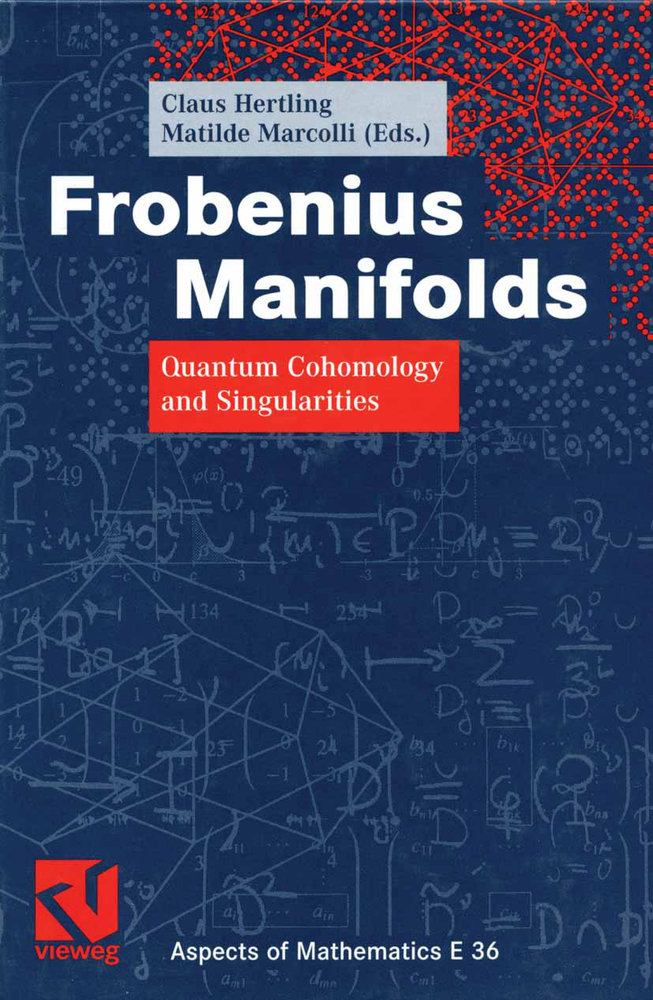Frobenius manifolds are complex manifolds with a multiplication and a metric on the holomorphic tangent bundle, which satisfy several natural conditions. This notion was defined in 1991 by Dubrovin, motivated by physics results. Another source of Frobenius manifolds is singularity theory. Duality between string theories lies behind the phenomenon of mirror symmetry. One mathematical formulation can be given in terms of the isomorphism of certain Frobenius manifolds. A third source of Frobenius manifolds is given by integrable systems, more precisely, bihamiltonian hierarchies of evolutionary PDE's. As in the case of quantum cohomology, here Frobenius manifolds are part of an a priori much richer structure, which, because of strong constraints, can be determined implicitly by the underlying Frobenius manifolds. Quantum cohomology, the theory of Frobenius manifolds and the relations to integrable systems are flourishing areas since the early 90's. An activity was organized at the Max-Planck-Institute for Mathematics in 2002, with the purpose of bringing together the main experts in these areas. This volume originates from this activity and presents the state of the art in the subject.



